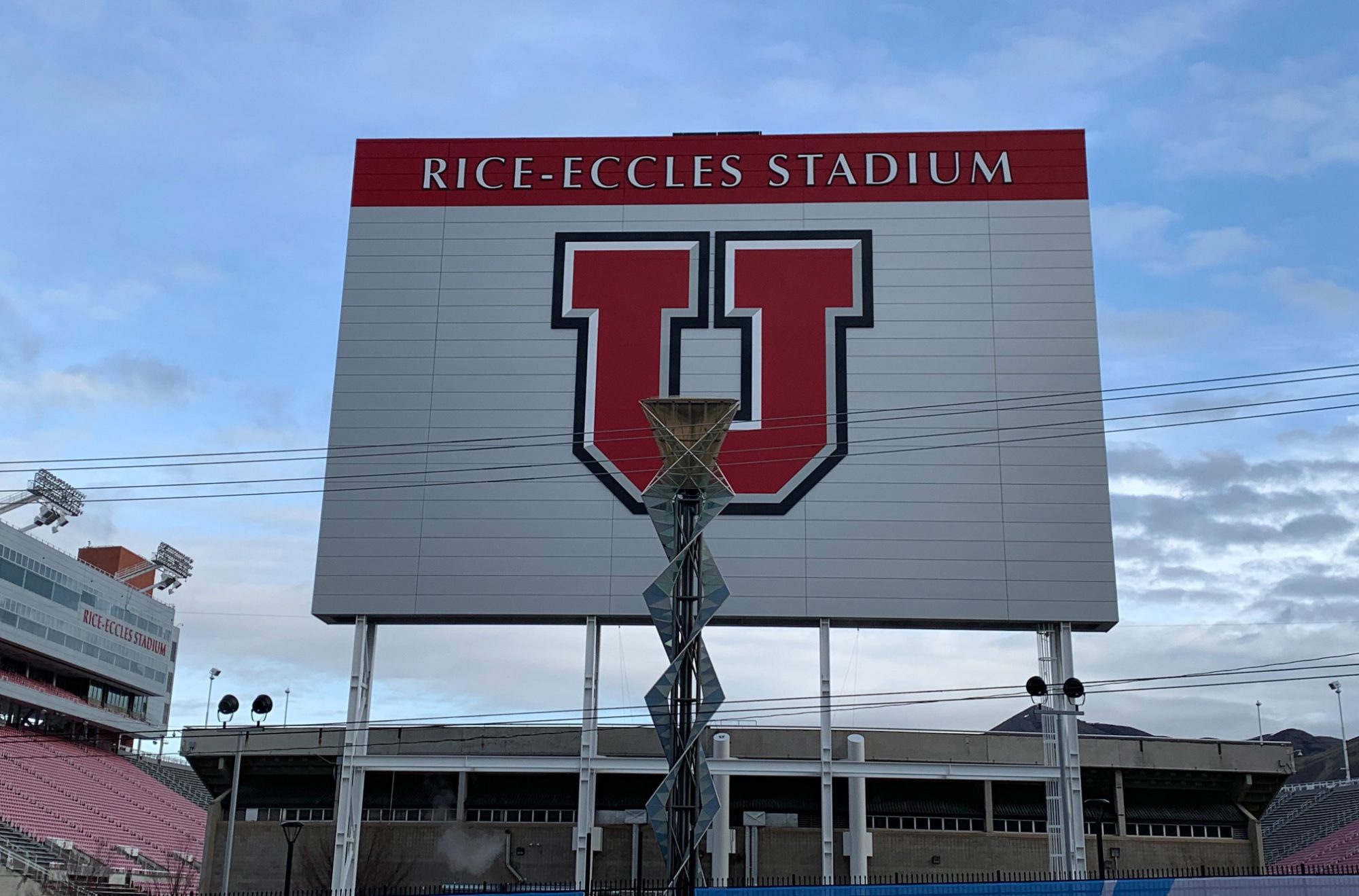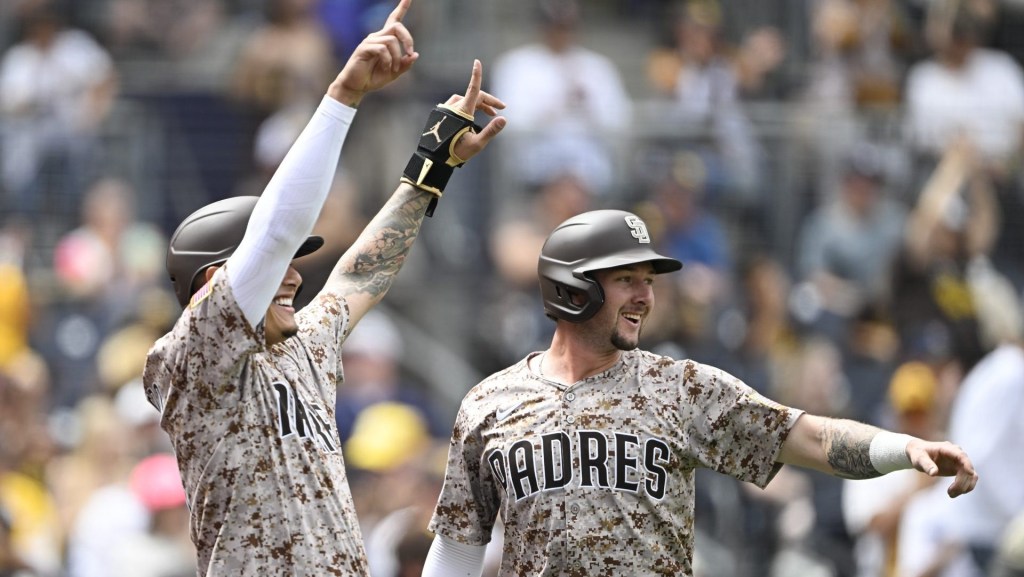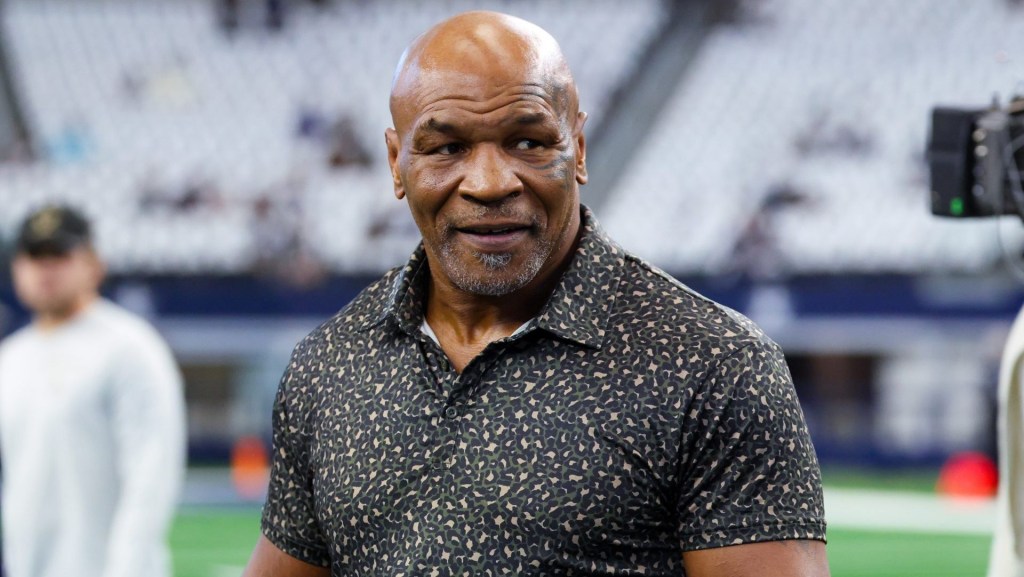A Utah bill headed to the governor’s desk would introduce the country’s strictest name, image, and likeness rules, requiring college athletes to disclose to their school any partnership worth more than $600.
NCAA rules, which were effectively wiped away by a federal judge in February, required athletes to report deals of that size to their schools. The Utah bill would not only reinstate the rule but also require schools to verify that a deal passes both their own standards and those of the bill, which bans promoting alcohol, marijuana, tobacco products, e-cigarettes, vaping, controlled substances, gambling or betting, “sexually oriented” businesses, and some firearms—at least ones athletes cannot legally buy.
The bill passed the Senate on Friday after sailing through the House last month. Utah Gov. Spencer Cox said Friday that he supports the bill. The new rules would go into effect May 1.
One of the bill’s sponsors, Rep. Jordan Teuscher (R., Utah), tells Front Office Sports this action would hopefully serve as a framework for future Utah NIL legislation. He says his bill “essentially mirrored” the NCAA’s now void NIL rules, most recently updated in January.
“I would be in favor of the federal government taking action in this space, whether it’s the January rules or something else,” Teuscher says, while adding that a compact of states passing similar legislation could also get the job done. “There’s no need for local control on this issue. It should be consistent rules across the nation.”
The bill would also undo a recent ruling by the Utah State Records Committee that NIL deals become public records once they are shared with a university. Few universities have given documents to inquisitive reporters, and NIL deals are not considered public records in most states—a recruiting disadvantage for Utah schools, argues Teuscher.
“These are private contracts,” Teuscher says. “The turning over of those documents, we didn’t believe, suddenly made them public documents.”
Students at Brigham Young University in Provo, Utah, already have to follow similar NIL rules. Since NIL first became legal, the university has had rules in place ensuring all deals fit into the school’s honor code, meaning modest dress with no sleeveless or revealing clothes as well as no coffee, tea, alcohol, and tobacco products.
Correction: A previous version of this story incorrectly stated that student NIL deals would need school “approval.”





![[Subscription Customers Only] Jul 13, 2025; East Rutherford, New Jersey, USA; Chelsea FC midfielder Cole Palmer (10) celebrates winning the final of the 2025 FIFA Club World Cup at MetLife Stadium](https://frontofficesports.com/wp-content/uploads/2026/02/USATSI_26636703-scaled-e1770932227605.jpg?quality=100&w=1024)











